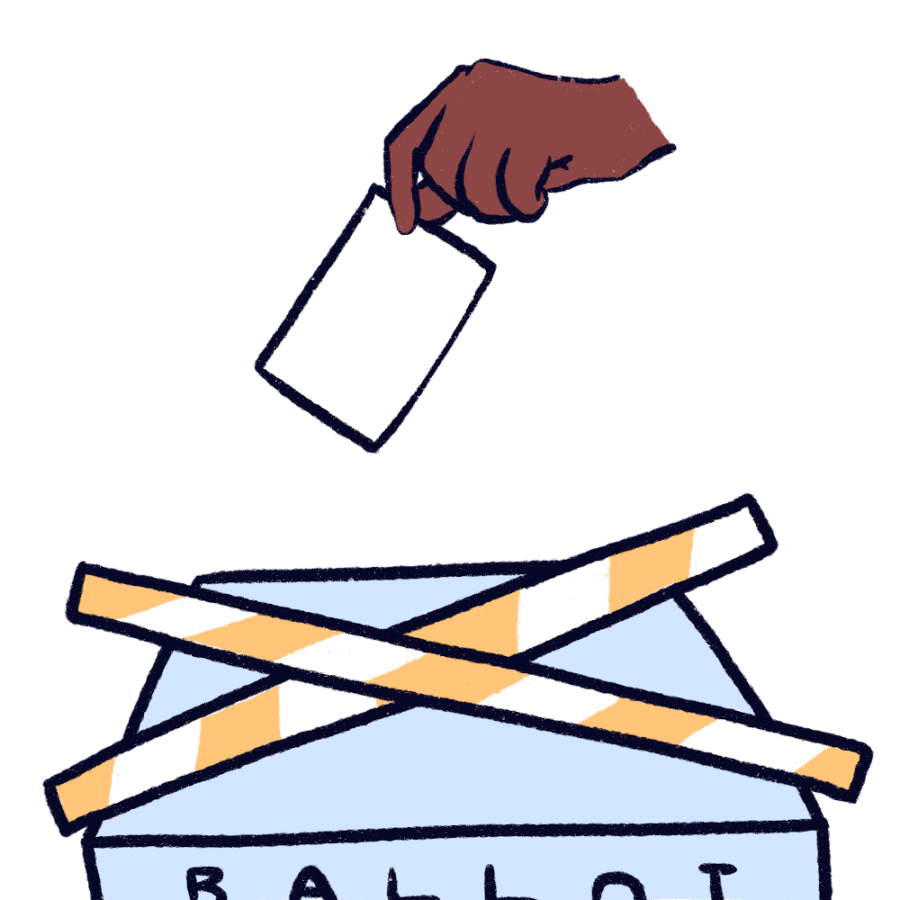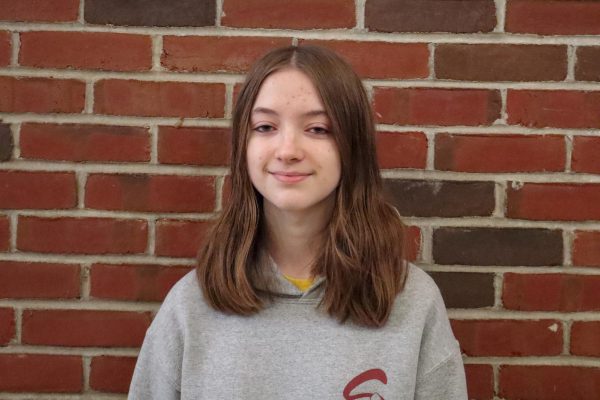Barriers restrict marginalized groups from voting
Many marginalized groups are subject to restrictions that make it more difficult for their votes to be accounted for.
December 2, 2022
The recent midterm elections have shown that even the smallest number of votes can tip the balance in the US Senate completely.
The race was so close that voter suppression is being used as a way of ensuring wins. Voter suppression is any measure taken to reduce the number of people voting, usually targeted at specific groups of people.
There has been voter suppression from as early as Reconstruction after the Civil War. Once African American men gained the right to vote, many efforts were made to make it as hard as possible for them to exercise their newly gained right. Laws were enacted that included things such as poll taxes, literacy tests, all-white primaries, and grandfather clauses. All of these laws made it extremely challenging for minority men to vote.
Black voters were even subjected to intimidation tactics. Racist extremists, such as the Ku Klux Klan, threatened and even killed African Americans to prevent them from voting.
There are still many efforts to suppress voter turnout today. According to the Brennan Center for Justice, over 440 bills with voting restriction provisions were introduced in 2021 alone. These kinds of bills tended to be targeted at minorities and other marginalized groups.
There are many different forms of voter suppression. One frequently used in the 2020 primaries was alleged voter fraud. Over 534,000 ballots were tossed during those elections. These ballots were mainly tossed for simple reasons like miss-marking small portions of that ballot.
“It’s a flaw with the system,” freshman Esha Sharma said. “If voters are interpreting a piece of information wrong, that is always on the system and not the voter itself.”
Voters need to be more clearly informed on how to properly fill out a ballot. The government should work hard to make sure as close to zero ballots are thrown out. Every voice needs to be hard, regardless of minor mistakes.
Another common form of voter suppression is placing stricter identification requirements, which often target eligible people who may not have IDs. IDs can be very hard to get unless you already have a driver’s license, and many people, disproportionately people of color, are unable to go and get an ID.
Limited time frames for voting also prevents many people from voting, as they may be working multiple jobs and have no time in their day, or simply have no access to transportation needed to get to a polling place.
But, even if people make it through the hurdles to become registered to vote, there are still challenges even at the polls themselves. Polling places, in minority communities especially, have been severely limited. There can be very few of them even in large communities. This makes lines to vote extremely long. Some voting precincts in Georgia had lines reaching over six hours in the 2020 election.
In March 2021, a law was even passed in Georgia making it illegal to provide food or water to voters waiting in line at the polls. As people in less privileged communities are already in longer lines, inability to get help while waiting makes voting just that much harder.
During the 2020 presidential elections, citizens voluntarily aided the people in line by giving them free food and water. The law is simply there to make the voting experience more strenuous. As part of this same law, restrictions on mail-in ballots have been imposed. That gives fewer alternatives to going personally to the polls.
Despite all these barriers, minorities are still showing up at the polls and making sure their votes count. In this year’s midterms, record turnout was recorded in Georgia, with an 81% increase in voter turnout from the last midterm elections.
This shows that even people who are suffering from voter suppression want to vote and can push past efforts of disenfranchisement. However, no voices should be hindered from being heard in a democracy, as it is founded on power of the people and consent of the governed.
Freshman Gabrielle Oringer said, “If you live in the country, you should be able to choose who runs the country and who creates the laws that affect you.”



